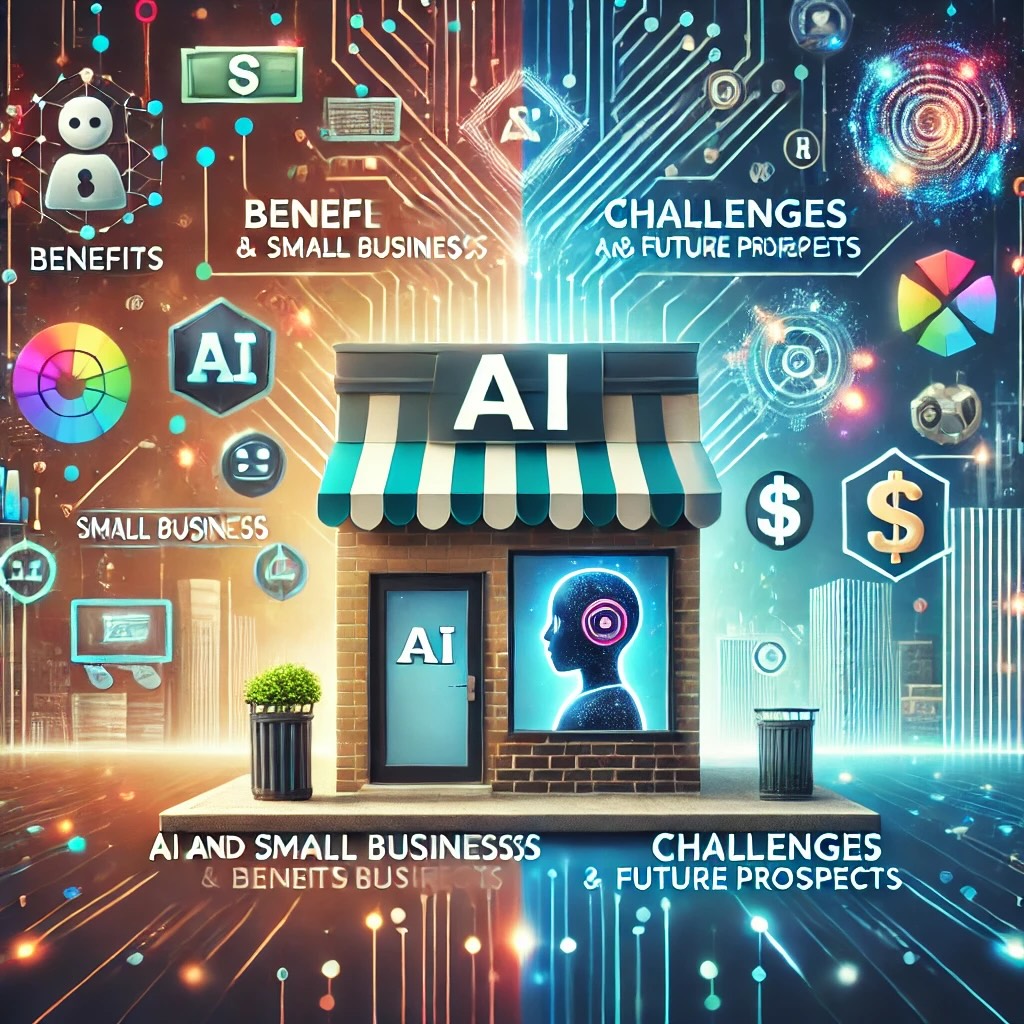AI is constantly in the news. And it probably seems like only large tech companies stand to benefit from AI. But few people know that it has become an integral part of small business operations. According to a recent report by the Small Business and Entrepreneurship Council (SBEC), 75% of small businesses have rapidly integrated AI tools into their operations. This shift is driving increased profitability, productivity, and competitiveness, reflecting a significant improvement in how small businesses function and grow.
The SBEC survey suggests that nearly half of small businesses have adopted AI tools in the past year. 29% of businesses have been using these tools for one to two years. This massive level of adoption is indicative of a trend where AI is no longer just a luxury but a crucial component of modern small business strategy. AI is helping businesses streamline operations, enhance efficiency, and stay competitive in an increasingly digital marketplace.
There are a range of benefits AI provides that are particularly appealing to small businesses:
- Cost cutting: AI helps small businesses save money by automating routine tasks and optimizing processes. This leads to significant cost savings and improved profitability.
- Resource Allocation: By handling repetitive tasks, AI allows businesses to redirect resources towards more valuable activities, such as strategic planning and innovation.
- Price Stability: AI helps businesses manage costs more effectively, allowing them to keep prices stable even in volatile economic conditions.
- Growth and Development: Cost savings from AI can be used to pursue new growth opportunities, increase employee wages, and set aside funds for emergencies.
In today’s digital age, maintaining a robust online presence is also crucial for small businesses. AI is proving to be just as essential in this arena:
- Content Creation: AI tools like ChatGPT assist in generating high-quality content for websites, blogs, and social media, which enables businesses to keep their digital platforms updated with engaging and relevant content, driving better online engagement and visibility.
- Personalized Marketing: AI-driven tools can analyze customer data to create personalized marketing campaigns. Platforms like ChatSpot by HubSpot help tailor messages and promotions to individual preferences, increasing the effectiveness of marketing efforts and boosting customer engagement.
- SEO Optimization: AI tools can optimize website content for search engines, improving search rankings and visibility. Tools that analyze keyword performance and suggest content adjustments help small businesses stay competitive in search engine results.
- Customer Interaction: AI chatbots provide instant responses to customer inquiries on websites and social media platforms, ensuring customers receive timely assistance and improving overall satisfaction.
- Visual Content: Tools like DALL-E 2 enable businesses to create custom images based on text descriptions, enhancing the visual appeal of digital content. Others generate engaging video content, which can be a powerful tool for social media marketing and customer engagement.
But beyond the obvious usefulness of these tools there are several external factors are pushing the adoption of AI among small businesses:
- Labor Market Challenges: AI is increasingly used to address the difficulties of finding and retaining skilled workers. In a tight labor market, AI helps bridge the gap by automating tasks and augmenting existing skills.
- Rising Labor Costs: As wages rise, AI provides a cost-effective alternative to expensive human labor, helping businesses manage expenses.
- Competitive Pressure: Small businesses use AI to compete with larger companies by leveraging advanced technologies that enhance their operations and customer offerings.
Though we’ve covered the many advantage of using AI tools, its adoption comes with a different set of challenges:
- Creativity: AI tools often lack the creative flair and emotional nuance that human input provides. This can affect the quality of content and interactions that require a personal touch.
- Cost: While basic robots are affordable, sophisticated robots capable of complex tasks remain expensive, which can be a barrier for smaller businesses.
- Legal Concerns: There are ongoing concerns about AI becoming overly controlling, reminiscent of dystopian scenarios. This has led to increased scrutiny and regulatory efforts to ensure ethical use of AI technology.
As AI continues to evolve, its impact on small businesses is expected to only grow. Businesses are encouraged to explore and integrate AI tools to maximize efficiency and cost savings, even as they navigate potential challenges. The technology promises to further transform operations, offering both opportunities and obstacles as small businesses adapt to an increasingly AI-driven world.


